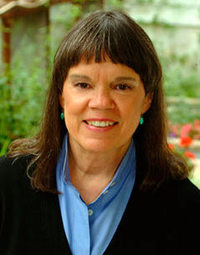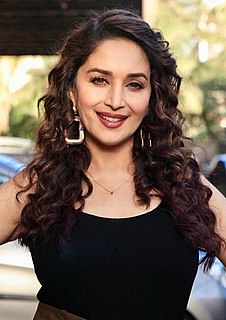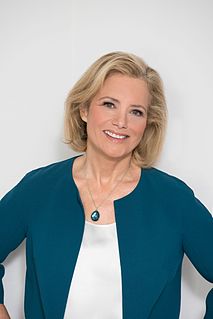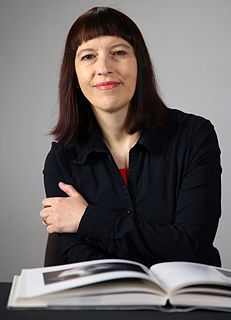A Quote by Jean Marzollo
Both at-home and working mothers can overmeet their mothering responsibilities. In order to justify their jobs, working mothers can overnurture, overconnect with, and overschedule their children into activities and classes. Similarly, some at-home mothers,... can make at- home mothering into a bigger deal than it is, over stimulating, overeducating, and overwhelming their children with purposeful attention.
Related Quotes
Mothers who know do less. They permit less of what will not bear good fruit eternally. They allow less media in their homes, less distraction, less activity that draws their children away from their home. Mothers who know are willing to live on less and consume less of the world’s goods in order to spend more time with their children—more time eating together, more time working together, more time reading together, more time talking, laughing, singing, and exemplifying. These mothers choose carefully and do not try to choose it all.
It's a notion that career-oriented women often neglect their families. But we should cut them some flak; these women are doing everything for the sake of family so that it progresses. I believe when kids see their mothers working hard, they take up responsibilities at home and are far more well-turned out than other children.
Mothers and fathers act in mostly similar ways toward their young children. Psychologists are still highlighting small differencesrather than the overwhelming similarities in parents' behaviors. I think this is a hangover from the 1950s re-emergence of father as a parent. He has to be special. The best summary of the evidence on mothers and fathers with their babies is that young children of both sexes, in most circumstances, like both parents equally well. Fathers, like mothers, are good parents first and gender representatives second.
Most of us in the baby-boom generation were raised by full-time mothers. Even as recently as 14 years ago, 6 out of 10 mothers with babies were staying at home. Today that is totally reversed. Does that mean we love our children less than our mothers loved us? No, but it certainly causes a lot of guilt trips.
Ideas about mothers have swung historically with the roles of women. When women were needed to work the fields or shops, experts claimed that children didn't need them much. Mothers, who might be too soft and sentimental, could even be bad for children's character development. But when men left home during the Industrial Revolution to work elsewhere, women were "needed" at home. The cult of domesticity and motherhood became a virtue that kept women in their place.
In far too many families with young children, both parents are working, when, if they really took an honest look at the budget, they might find they don't both need to. ... What happened in America so that mothers and fathers who leave their children in the care of someone else - or worse yet, home alone after school between three and six in the afternoon - find themselves more affirmed by society? Here, we can thank the influence of radical feminism.
I believe it would be much better for everyone if children were given their start in education at home. No one understands a child as well as his mother, and children are so different that they need individual training and study. A teacher with a roomful of pupils cannot do this. At home, too, they are in their mothers care. She can keep them from learning immoral things from other children.
By now, legions of tireless essayists and op-ed columnists have dressed feminists down for making such a fuss about entering the professions and earning equal pay that everyone's attention has been distracted from the important contributions of mothers working at home. This judgment presumes, of course, that prior to the resurgence of feminism in the '70s, housewives and mothers enjoyed wide recognition and honor. This was not exactly the case.
We're contemptuous of 'distracted' working mothers. We're contemptuous of 'selfish' rich mothers. We're contemptuous of mothers who have no choice but to work, but also of mothers who don't need to work and still fail to fulfill an impossible ideal of selfless motherhood. You don't have to look very hard to see the common denominator.

































